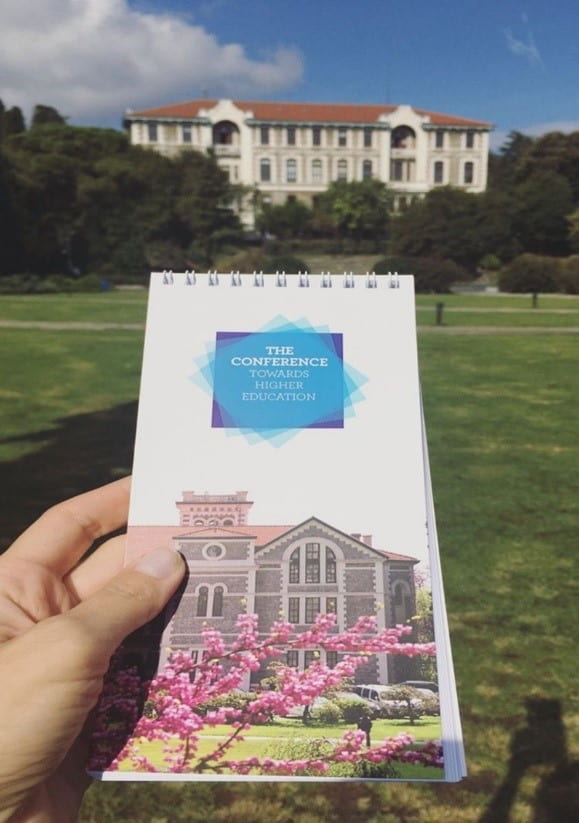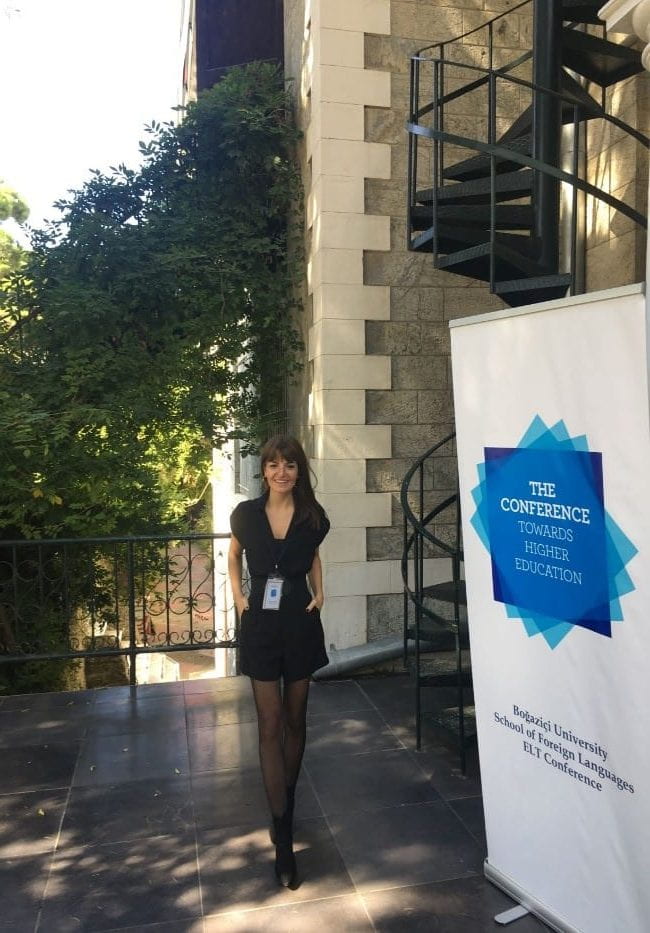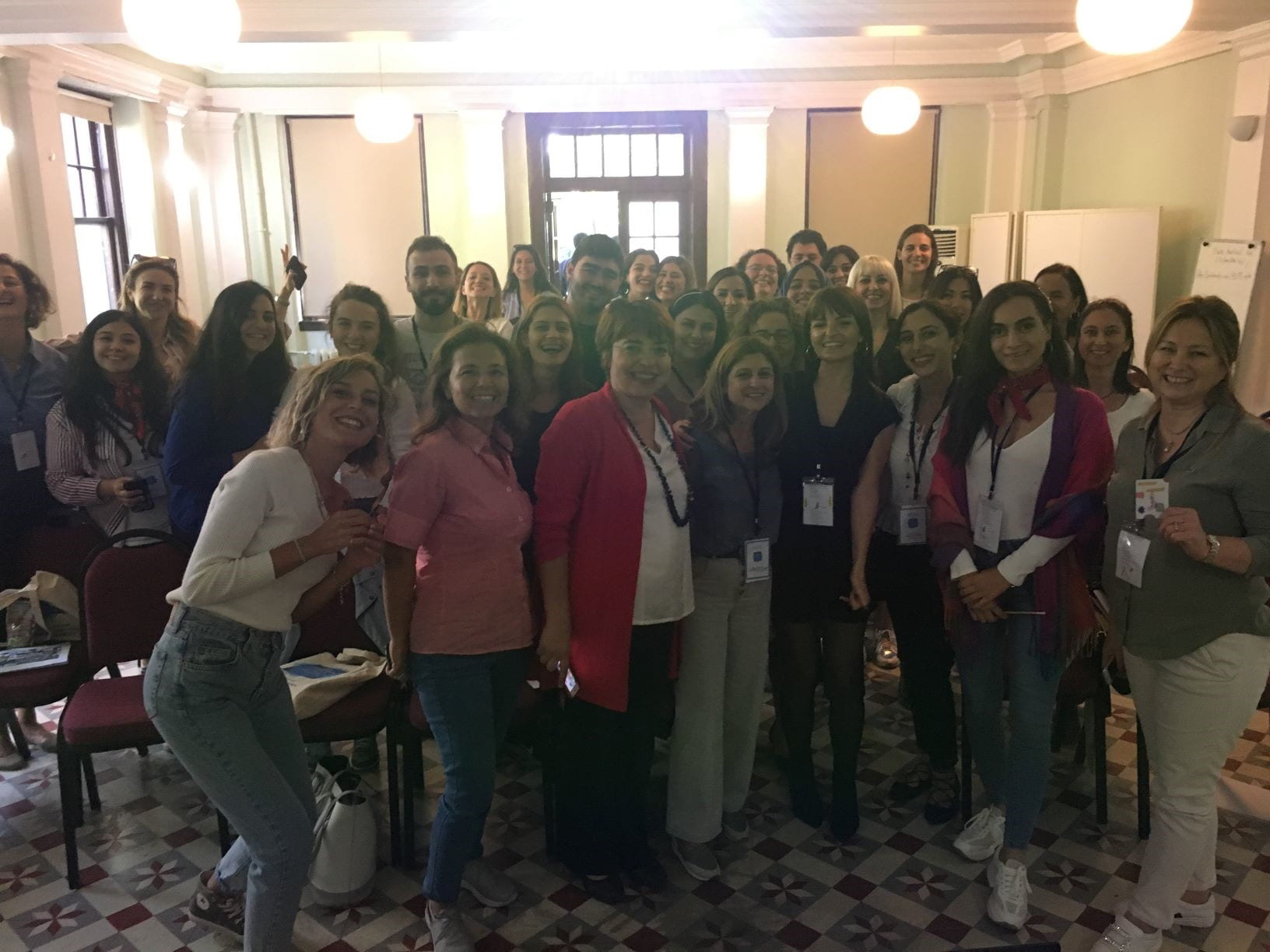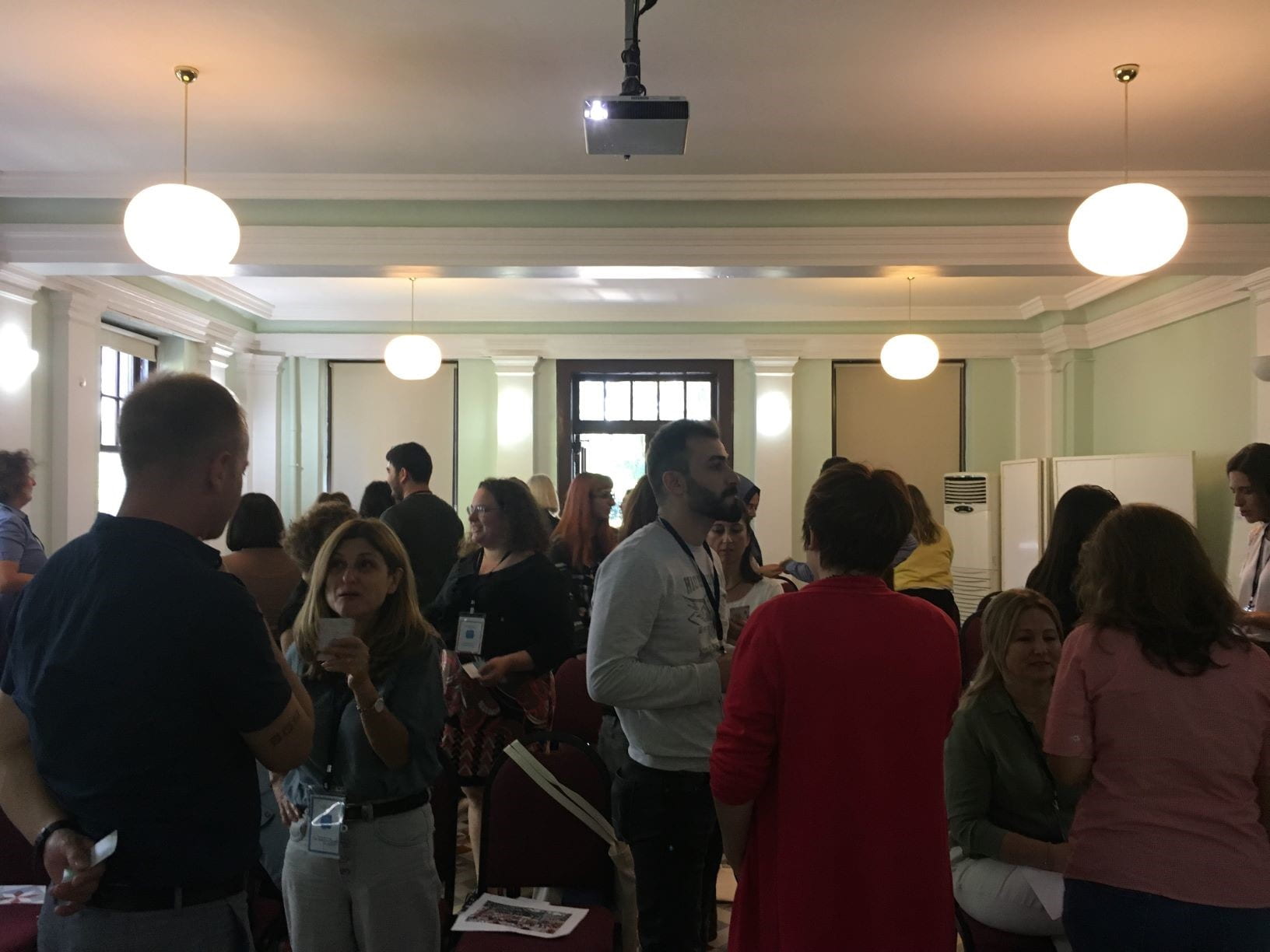Reflection on the conference “Towards Higher Education: Teaching for a Better World in 21st Century” by Şule Bakırcan Yalçın
GENERAL OVERVIEW
Boğaziçi University School of Languages held their second ELT Conference on 27-28 September this year. The conference was named Towards Higher Education: Teaching for a Better World in 21st Century. The aim of the conference was to integrate global issues into ELT classes and bring attention to the ways to raise learners’ awareness about prevalent contemporary problems such as migration, global warming, inequality, overpopulation and health problems. The plenary talks, sessions and workshop addressed the need to integrate 21st century skills such as social awareness, empathy, technology literacy, information literacy, media literacy, collaboration, creativity, flexibility and critical thinking into the language classes.

MINDFULNESS AS A 21st CENTURY SKILL
I delivered a workshop named “Mindfulness Activities for Language Learners” in the conference. Mindfulness is one of personal interests which I believe helps the modern individual to cope with the stress and chaos of the modern life. In this workshop, I tried to integrate ELT and Mindfulness. In ELT, as teachers, managers and curriculum developers we may place too much focus on our academic objectives and forget that learners are young human beings with a lot of emotions, stressors and lack of coping strategies with them. Language learning brings about an additional set of emotions (anxiety, boredom, hopelessness and lack of self-confidence) to the educational settings. As language teachers we do our best to contain these feelings as much as possible but sometimes we are out of solutions. In the 21st century as educators, our job is to support the learners not only in their academic skills but also in their life skills which will help them to grow into whole, resilient and competent individuals. Learners who cultivate these life skills will be able to deal with the challenges and stressors in their life and achieve better academic results. Mindfulness based pedagogies and practices are a way to instil these life skills in learners. Mindfulness practices have been quite popular for the last three decades and aim to improve attention regulation, develop non-judgmental awareness and cultivate the acceptance of present moment. In many countries mindfulness has become a part of the curriculum and there has been a growing evidence about the positive results of mindfulness practices on academic achievement.
MY WORKSHOP
In the workshop, I introduced the mindfulness concept and its effects on learning and learners. Then, the participants had a hands-on experience with mindfulness activities designed specifically for ELT classes and language learners. The participation was high and the feedback to the workshop was very positive. The participants shared their interest and enthusiasm to share the activities in their classes. It was my first conference presentation and the fact that it was in my alma mater was an invaluable experience for me. I would like to extend my thanks to my colleagues and director who gave me inspiration and supported me in this process.




Leave a Reply